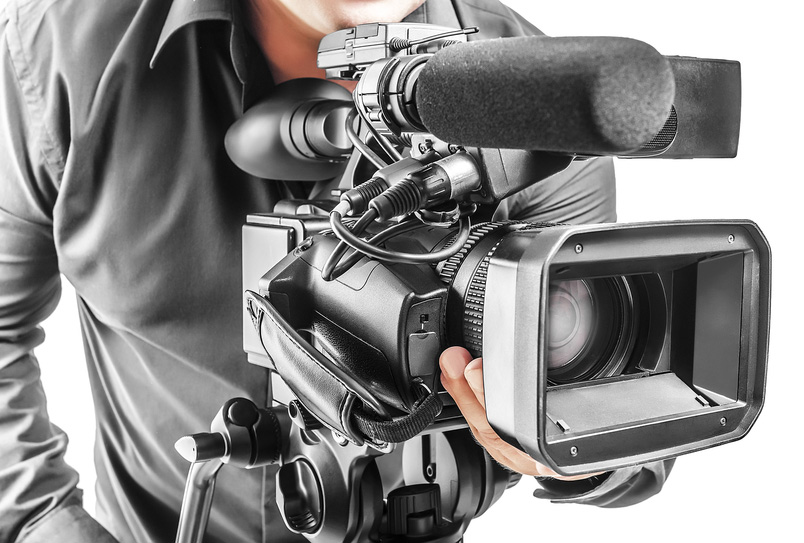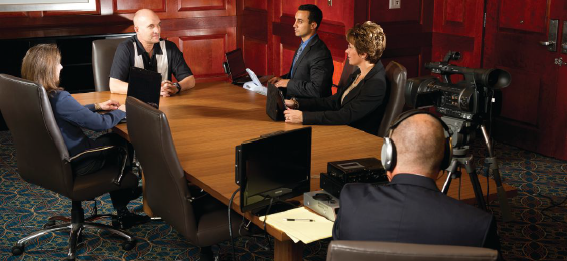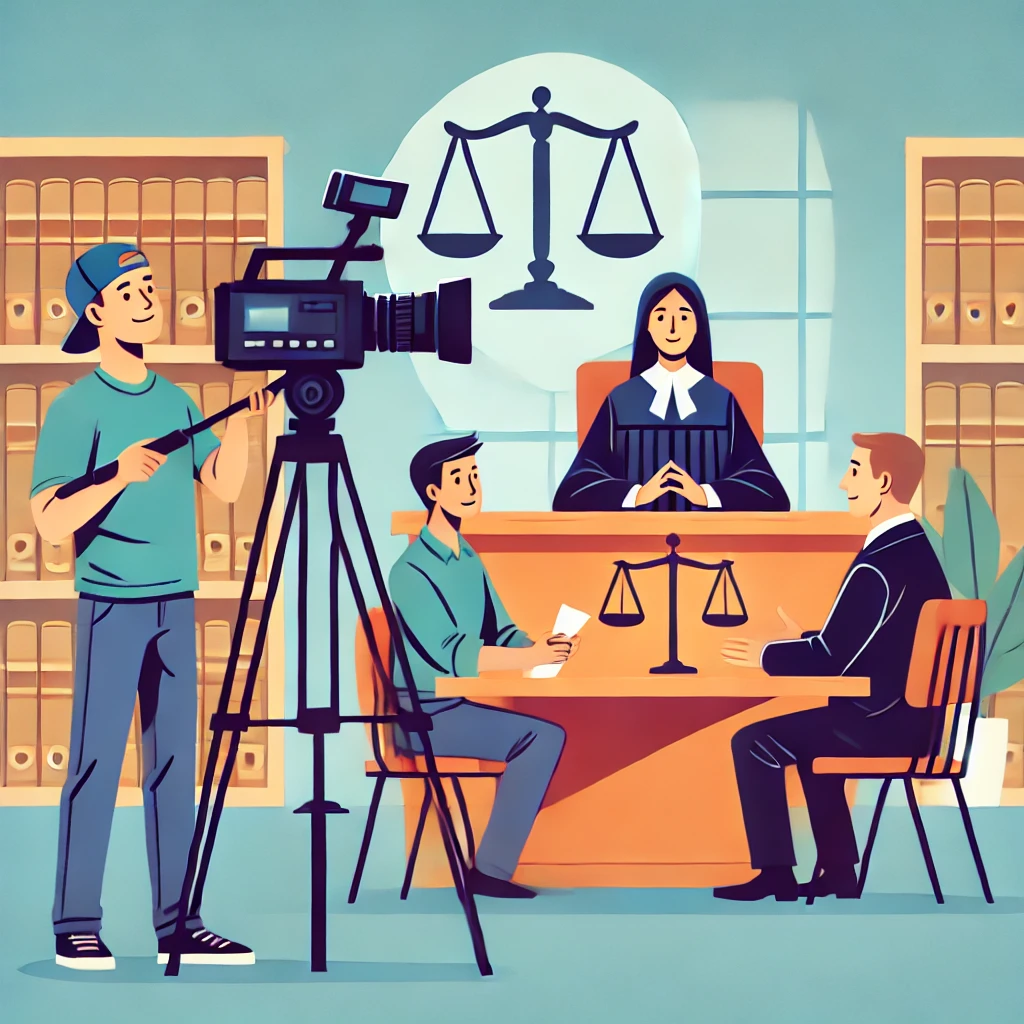Skilled Legal Videography for Legal Depositions.
Skilled Legal Videography for Legal Depositions.
Blog Article
The Duty of Lawful Videography in Depositions and Tests
Legal videography has actually emerged as an important device in both depositions and trials, giving a complex technique to documenting witness testimonies. As legal experts significantly recognize its worth, it motivates a much deeper assessment of how these aesthetic documents can affect juror perceptions and test outcomes.
Significance of Legal Videography
Legal videography plays a pivotal role in the documentation and presentation of depositions and tests. This specific field incorporates technological skills with lawful knowledge to develop a reputable record of proceedings that can significantly affect instance results. The appearance of legal videography boosts the understanding of witness testimony, permitting jurors and judges to observe not just the talked words but likewise the behavior, feelings, and body movement of the witnesses.

The importance of lawful videography extends beyond the courtroom; it likewise plays a vital function in protecting evidence for future referral, whether for allures or more lawsuit. Therefore, its assimilation into the lawful process is crucial for ensuring a reasonable and precise representation of the truths, ultimately adding to the pursuit of justice.

Process of Legal Videography
While catching the subtleties of depositions and tests, the process of legal videography involves numerous critical actions that make sure high-grade, precise recordings. Initially, a specialist lawful videographer prepares by assessing the case products and recognizing the details demands of the deposition or trial. This prep work includes acquainting themselves with the participants and the context, which assists in capturing relevant information.
On the day of the recording, the videographer establishes the necessary devices, which typically includes high-def cams, microphones, and correct lighting. Guaranteeing ideal angles and audio top quality is important, as it directly impacts the performance of the recording. The videographer interacts with lawyers and participants to establish methods, ensuring that every person understands the recording procedure.
During the deposition or test, the videographer diligently videotapes the proceedings, paying close attention to both verbal and non-verbal hints. legal videography. This includes capturing the behavior and reactions of witnesses and lawyers. After the session concludes, the videographer may modify the video footage for quality and conformity with lawful standards, creating an end product that precisely shows the process for future referral and use in legal contexts
Benefits in Depositions
The unification of videography in depositions supplies numerous benefits that enhance the overall procedure of gathering evidence. One primary benefit is the capability to record witness statements with visual and auditory fidelity, providing an extra exact depiction of the witness's behavior, tone, and body movement. This multidimensional approach allows attorneys and juries to evaluate integrity better than typical written records alone.
Furthermore, videographed depositions offer as a powerful tool for preserving testimony. Needs to a witness become inaccessible for test, their recorded deposition can be played in court, making sure that their evidence continues to be available and pertinent. This aspect dramatically decreases the risk of losing crucial information that can impact situation outcomes.
In addition, using legal videography promotes better preparation for lawyers. Examining video clip footage enables lawful teams to evaluate and refine their techniques, determining toughness and weak points in their situations. This primary benefit can bring about even more compelling discussions in court.
Last but not basics least, videography enhances the total expertise of the deposition procedure, instilling confidence in clients regarding the thoroughness of their lawful depiction. By leveraging innovation, lawyers can dramatically improve the performance of depositions.
Effect On Trials
In many tests, the assimilation of videography can dramatically influence the discussion of proof and the jury's assumption. Legal videography records witness testaments and essential evidence in a vibrant layout, permitting jurors to engage with the material on multiple degrees. This aesthetic part boosts the storytelling facet of a test, giving context and emotional vibration that conventional text-based proof may do not have.
In addition, video recordings can work as powerful devices for impeachment throughout interrogation. When discrepancies arise in between a witness's prior declarations and their courtroom testament, video evidence provides an objective reference that can guide jurors' opinions. This immediacy and quality can boost the integrity of an event's narrative while at the same time threatening opposing arguments.
Additionally, the usage of videography can help streamline complex info, making it extra available to jurors who may have a hard time to comprehend detailed information presented only via spoken statement. By combining visuals with acoustic details, lawful videography can improve retention and understanding, ultimately affecting the jury's decision-making process. As a result, the influence of videography in trials extends beyond plain aesthetic appeals; it plays an important duty in forming the lawful landscape and end results.
Future Trends in Legal Videography
As we look towards the future of legal videography, numerous arising trends assure to improve its duty within the courtroom. One considerable fad is the combination of man-made intelligence (AI) in video analysis and editing and enhancing - legal videography. AI can streamline the process of determining vital minutes in tape-recorded depositions, permitting lawyers to swiftly access relevant material, thus improving effectiveness in situation prep work
Furthermore, the rise of online truth (VR) and augmented reality (AR) innovations is expected to change exactly how jurors experience evidence. By immersing jurors in a substitute setting, these innovations can give a more profound understanding of complex scenarios, leading to even more educated considerations.

Furthermore, the increasing need for remote depositions, increased why not check here by the COVID-19 pandemic, will likely proceed. Legal videographers will certainly require to adjust to new software application and systems to make certain high-quality recordings in online settings.
Lastly, the growing emphasis on information security will demand more stringent protocols for saving and sharing video clip evidence. As the legal landscape advances, legal videographers should remain abreast of these patterns to try these out preserve their importance and performance in the judicial procedure.

Conclusion
In summary, lawful videography serves a critical function in the judicial process, enhancing the integrity of depositions and tests. As modern technology continues to evolve, lawful videography is poised to further change its duty within the legal landscape.
Report this page